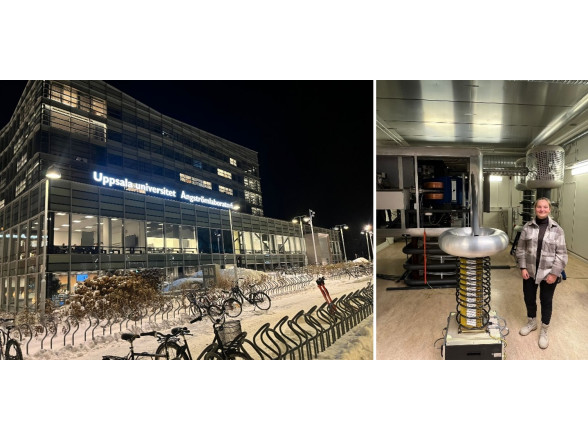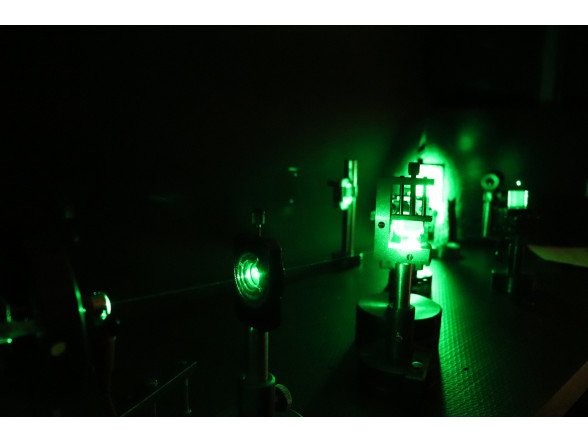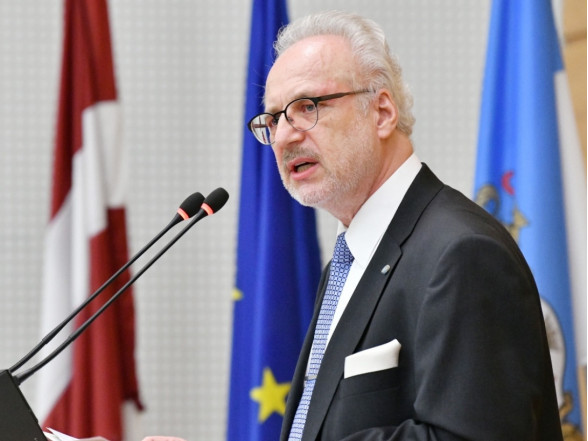From the 4th to the 6th of December, a research assistant from ISSP UL’s Laboratory of Optical Materials, Madara Leimane, delved into the fascinating field of ion implantation at Uppsala University’s Ångström Laboratory. This training mobility was a dedicated exploration of the intricacies of the ion implantation process, a crucial aspect of materials science.
One highlight of this educational trip was a visit to The Tandem Laboratory, an esteemed facility housing a variety of accelerators with diverse applications in materials analysis and modification. Leimane gained insights into analytical methods such as Accelerator Mass Spectrometry (AMS), Rutherford Backscattering Spectrometry (RBS), Particle-Induced X-ray Emission (PIXE), and more. The laboratory’s Ion Beam Modification of Materials (IBMM) techniques, utilizing energetic ions to tailor material properties, offered a comprehensive understanding of conductivity modification, doping, and material amorphization.
A key aspect of the young researcher’s experience was the in-depth study of the ion implantation process, facilitated by the senior research engineer Dr. Mauricio Sortica and Prof. Anders Hallén. The use of a 350 kV high-current implanter added a practical dimension to the learning process. Leimane delved into the complexity of sample preparation, ion source selection, and the adjustment of parameters such as acceleration voltage and particle current for high-dose ion implantation experiments.
This immersive activity’s primary objective was to expand Leimane’s existing knowledge of ion implantation and elevate her qualification level. The hands-on experiments conducted in the laboratory, using pure silica glass samples, provided practical insights invaluable for future research endeavors.
The significance of this acquired knowledge and experience extends beyond the training mobility itself. Leimane envisions applying these insights to her doctoral thesis, where the ion implantation process will be a focal point of study. Additionally, the newfound expertise positions Leimane as a resource within ISSP UL community, enabling her to contribute valuable insights and consultation to colleagues connected with the ion implantation process.



